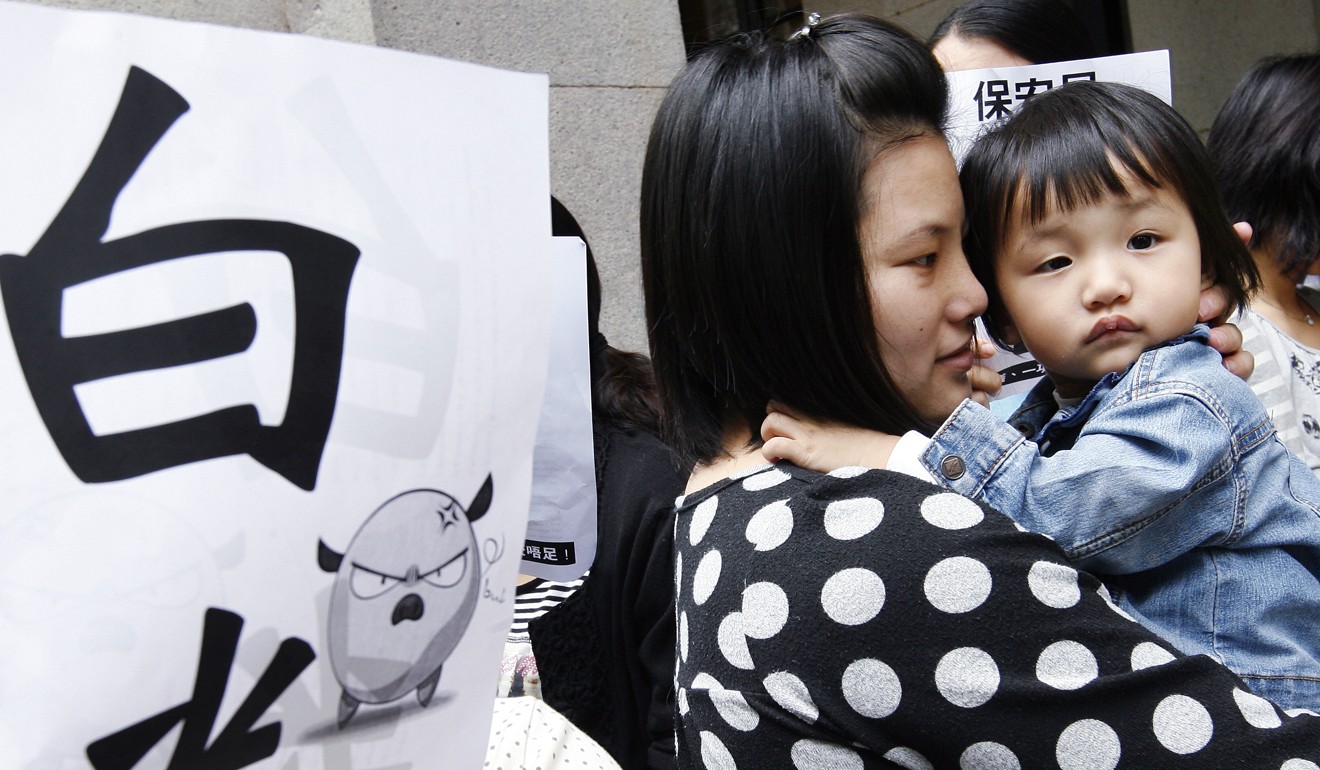
In cross-border marriage conflicts in Hong Kong, money is the heart of the matter
Susanne Choi Yuk-ping says contrary to popular perception, age and cultural differences are not the major reasons cross-border marriages experience discord. Rather, as economic pressure takes its toll, immigrant husbands need support too
Yet, stereotypes about cross-border marriages have persisted, resulting in a great deal of misunderstanding and stigma for both the men and women involved.
Interestingly, the research shows that couples with an age difference of one to five years are more likely to experience conflicts than couples who are over nine years apart in age. The implication of this finding is that age difference does not explain the higher vulnerability to marital conflict in cross-border marriages compared with local marriages.
More significantly, the research finds that family economic pressures, as well as the low socio-economic status of families, are the main drivers of conflicts.
In other words, conflicts in cross-border marriages do not necessarily arise from cultural differences. Rather, they are primarily an economic and class issue.

While past sociological studies put forward the idea that the earnings of cross-border families have a direct impact on cross-border marriages, my research established that the subjective financial stress of the couple is in fact what matters. In other words, the key factor behind conflicts in cross-border families is whether these couples see themselves as earning enough to sustain their household expenses.
In some cases, enterprising wives demand their husbands be more ambitious, which creates friction
At the same time, with mainland women becoming more educated, wives in cross-border marriages are increasingly able to supplement family incomes, meaning their husbands are no longer the sole breadwinners. In some cases, enterprising wives demand their husbands be more ambitious, which creates friction over family finances.
Husbands in cross-border marriages may therefore face a great deal of stress. In particular, working-class men lack the support of social networks and can be even more socially isolated than their wives.

The government should therefore proactively identify the needs of cross-border families, so that resources can be correctly allocated to the right support services.
For example, in addition to providing language courses for mainland women in cross-border marriages, the government should either provide, or subsidise NGOs to provide, a broader range of career training opportunities for these women. Career training opportunities currently available focus on low-paid, low-skill service jobs, which do not match the relatively high education levels and career ambitions of many mainland Chinese wives.
More importantly, greater resources should go to helping men in cross-border marriages cope with stress. Men in general are reluctant to seek help, and men in cross-border marriages may be even more reluctant to do so because of their relatively low education levels and professional status. Proactive efforts to reach out to these men would go a long way in helping these families.
Finally, we ought to realise that, although cross-border marriages may face more challenges and experience more conflicts than local marriages, this does not mean they are all unsuccessful. Quite the contrary, many cross-border marriages are healthy and robust. Therefore, increased and correctly-allocated resources to help cross-border marriages should also cover public education to address the stereotypes they face, and this includes stigma against mainland Chinese wives married to local men.
Professor Susanne Choi Yuk-ping is with the Department of Sociology in the Faculty of Social Science at the Chinese University of Hong Kong
